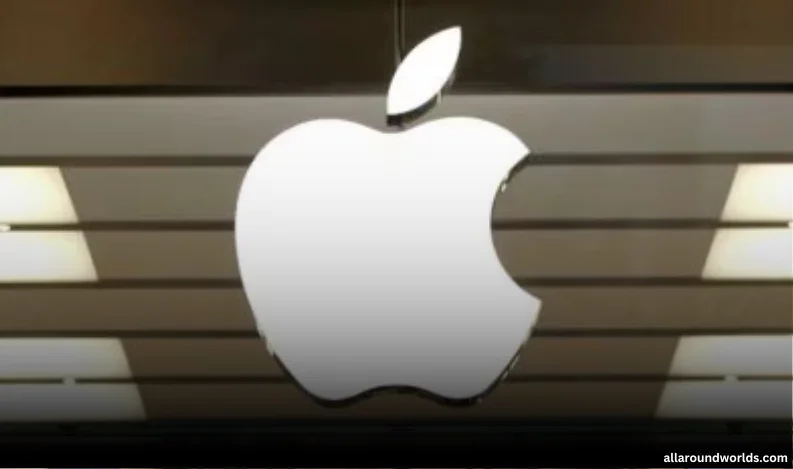
Apple to End Full End-to-End Data Protection for UK Users Amid Government Regulations
London – Apple has announced that it will no longer offer its Advanced Data Protection (ADP) feature to new users in the United Kingdom, and existing UK users will eventually be required to disable the security tool. The decision comes in response to reported demands from the UK government for broader access to encrypted user data.
In a statement on Friday, Apple confirmed the restriction, stating: “Apple can no longer offer Advanced Data Protection (ADP) in the United Kingdom to new users, and current UK users will eventually need to disable this security feature.”
Impact of the Change
Advanced Data Protection (ADP) provides end-to-end encryption for iCloud backups, ensuring that only the account holder can access stored content such as photos, documents, and messages. The encryption prevents unauthorized access, including from Apple itself, making it a key feature for user privacy.
However, recent reports indicate that the UK government has pressured Apple to create a system allowing authorities to access encrypted user data. According to The Washington Post, the British government requested a so-called "backdoor" that would enable law enforcement agencies to bypass encryption, not just in the UK but for Apple users worldwide.
Apple’s Response
Apple has strongly opposed any move that would compromise user security. “As we have said many times before, we have never built a backdoor or master key to any of our products or services, and we never will,” the company stated.
The tech giant expressed disappointment over the restriction of ADP in the UK, citing increasing threats to user privacy. “We are gravely disappointed that the protections provided by ADP will not be available to our customers in the UK, given the continuing rise of data breaches and other threats to customer privacy,” Apple added.
The Encryption Debate
End-to-end encryption prevents third parties—including law enforcement agencies—from intercepting messages or accessing private files. While privacy advocates argue that encryption is essential for protecting user data from cyber threats and unauthorized surveillance, governments worldwide have expressed concerns that such security measures could be exploited by criminals, terrorists, and online predators.
Law enforcement agencies argue that encrypted platforms hinder criminal investigations, even when authorities obtain legal warrants. On the other hand, cybersecurity experts and civil rights organizations warn that creating a “backdoor” could weaken security for all users and expose sensitive data to hackers and surveillance abuses.
UK Government’s Stand
The UK’s Home Office declined to provide specific comments on Apple's decision, stating only: “We do not comment on operational matters.”
The UK government has been pushing for increased access to encrypted data under its Investigatory Powers Act, often referred to as the “Snooper’s Charter.” The legislation grants authorities significant surveillance powers, including requiring tech companies to assist in accessing user data when necessary.
Future of Apple’s Security in the UK
Despite the regulatory pressures, Apple reaffirmed its commitment to data security. “Apple remains committed to offering our users the highest level of security for their personal data, and we are hopeful that we will be able to do so in the future in the United Kingdom,” the company said.
With digital privacy becoming an increasingly contentious issue, Apple’s move signals the broader challenge tech companies face as they navigate government demands and user privacy rights.



Recent Comments: